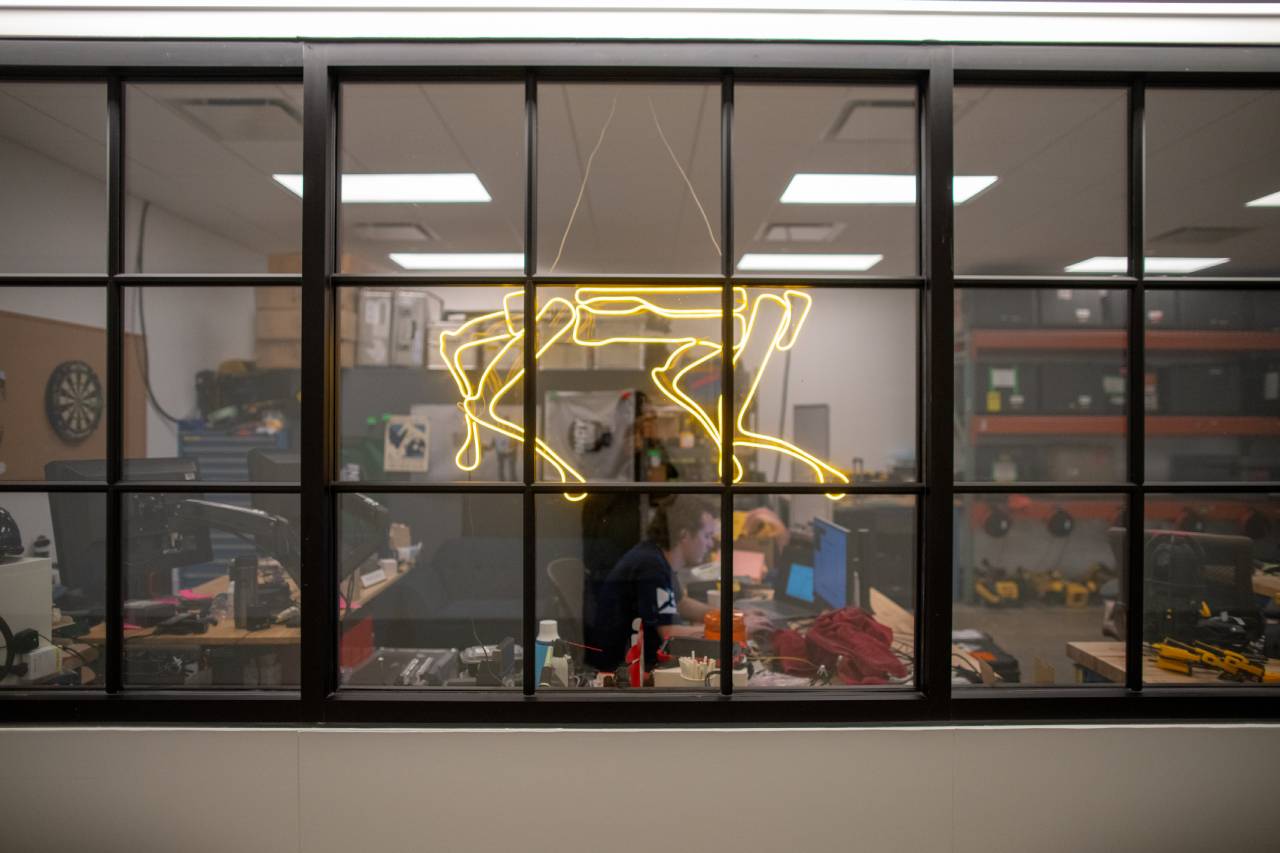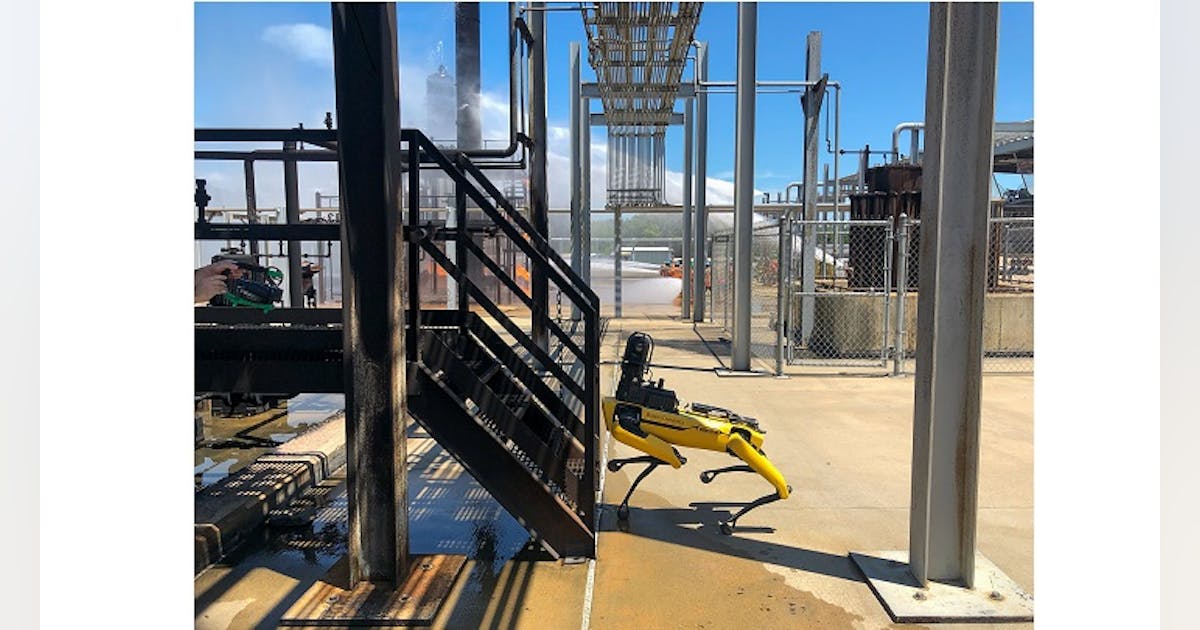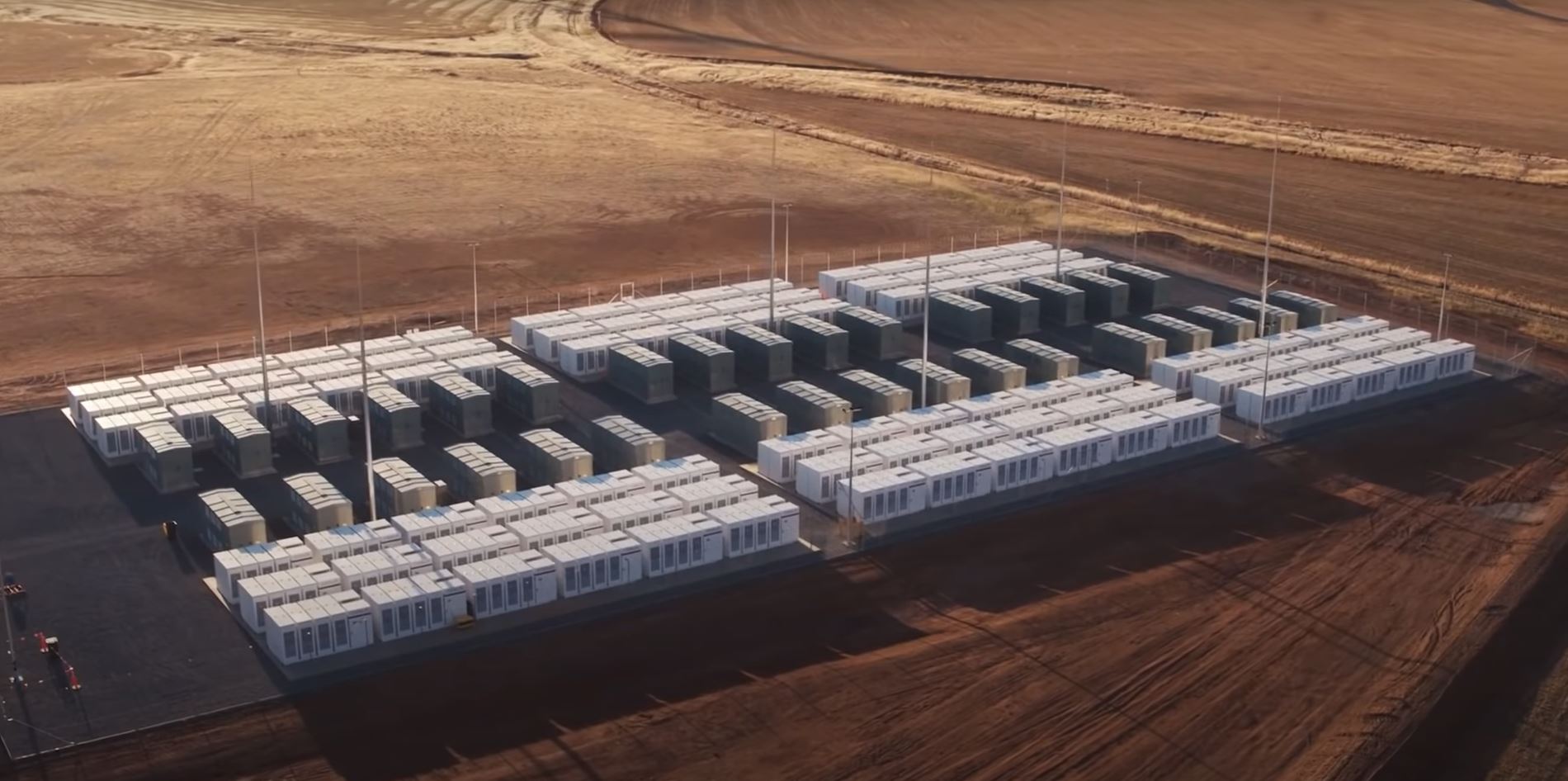petit_bateau
Active Member
MODERATOR: FOR THE LAST TIME: WRITE THESE IS THEIR APPROPRIATE THREADS
Record-Shattering Heat at Both Poles Is Freaking Scientists Out
"Seeing more and more of these warm air events in the Arctic, in the winter, is definitely eye-opening as a climate scientist.”gizmodo.com
Q: Outside of continuing to go all-in on TSLA and solar companies, what else can people with this new found wealth (thanks to TSLA) do to help spur the averting of climate change?
- Apart from that, don't tell anyone else anything. By all means answer their questions, but don't force yourself on them. Except for telling the politicians early & often !
None of the above are hairshirt pathways. You don't have to do it all at once, just at the rate you can be comfortable with. Just imho.
Last edited by a moderator:






